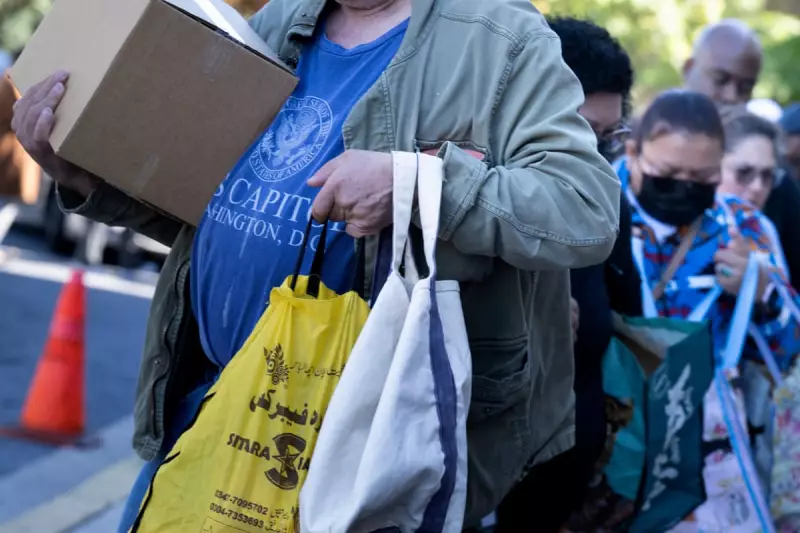
In a landmark decision that could reshape America's workforce landscape, the US Senate has passed the groundbreaking Essential Workers Bill, delivering long-awaited recognition and protections to millions of frontline employees.
A Victory for Pandemic Heroes
The legislation, which cleared its final Senate hurdle on Thursday, represents the most significant expansion of worker rights in decades. It specifically targets those who kept the nation functioning during the COVID-19 crisis—from healthcare staff and grocery workers to delivery drivers and sanitation employees.
What the Bill Actually Delivers
The comprehensive package includes several key provisions that will directly impact essential workers:
- Enhanced workplace safety standards with mandatory protective equipment
- Paid sick leave guarantees for workers in critical sectors
- Hazard pay provisions during future national emergencies
- Healthcare benefits extended to part-time essential workers
- Whistleblower protections for those reporting unsafe conditions
The Political Battle Behind the Scenes
The passage didn't come easily. Lawmakers engaged in intense negotiations throughout the week, with the bill facing strong opposition from some business groups concerned about implementation costs. However, a coalition of Democrats and moderate Republicans ultimately secured the necessary votes.
"This isn't just legislation—it's a moral obligation," declared one senior senator during the emotional floor debate. "These workers risked everything when our country needed them most. Now it's our turn to have their backs."
What Happens Next?
With Senate approval secured, the bill now moves to the House of Representatives, where it's expected to face additional scrutiny but ultimately pass. Political analysts suggest the legislation could reach the President's desk within weeks, potentially becoming law before the end of the year.
The timing is particularly significant, coming as the nation continues to reflect on the sacrifices made during the pandemic and prepares for potential future health crises.





